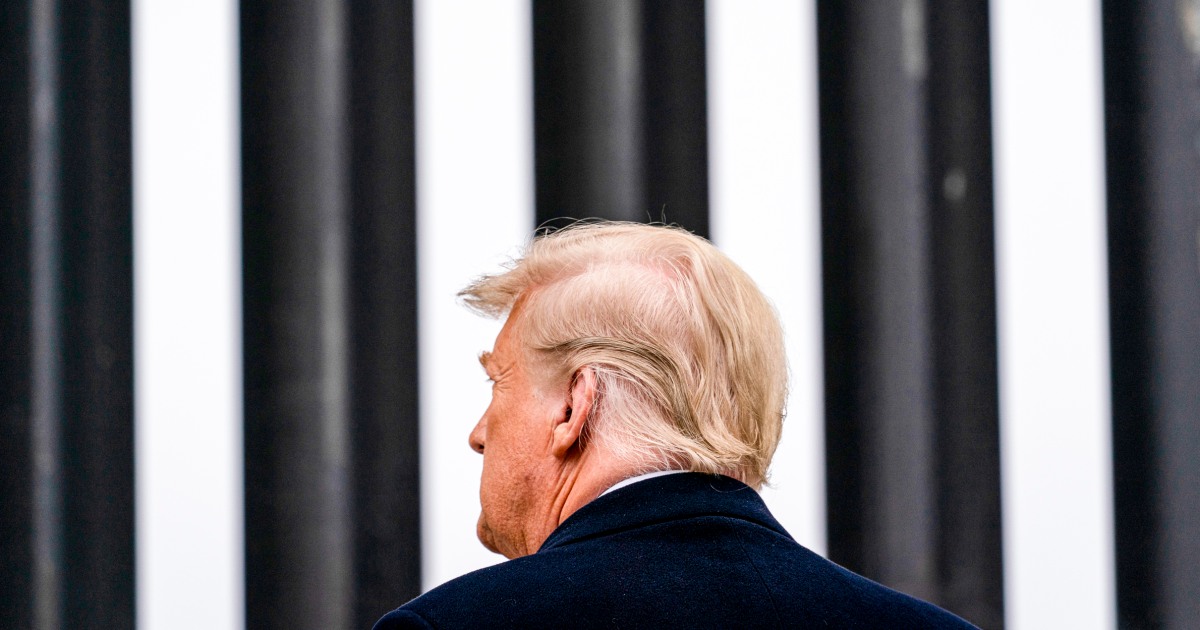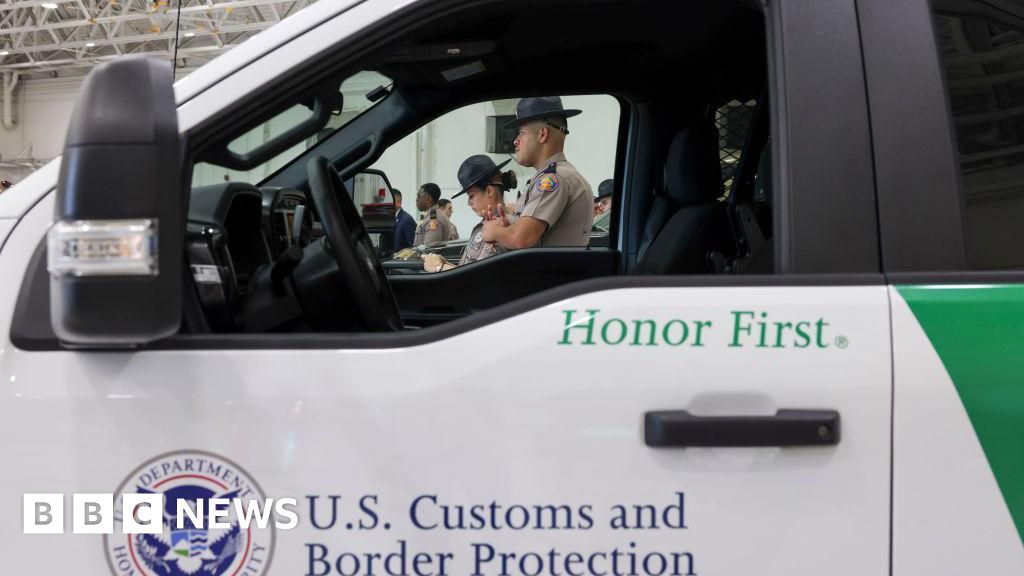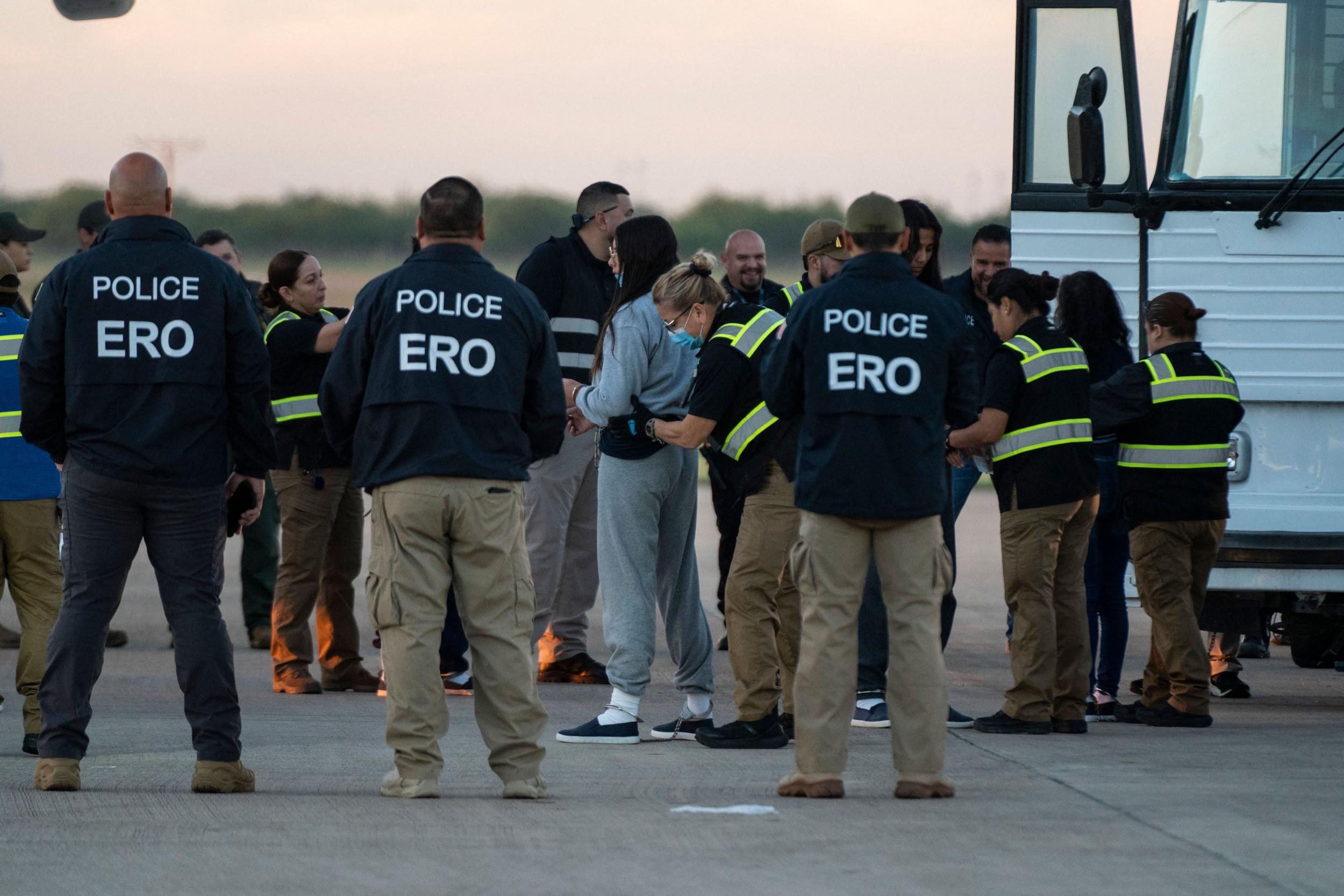Trump Administration Moves to End Legal Protections for Over 532,000 Migrants
The Trump administration plans to rescind legal protections for migrants from Cuba, Haiti, Nicaragua, and Venezuela, effective April 24, drawing legal challenges.
Subscribe to unlock this story
We really don't like cutting you off, but you've reached your monthly limit. At just $5/month, subscriptions are how we keep this project going. Start your free 7-day trial today!
Get StartedHave an account? Sign in
Overview
The Trump administration plans to end temporary legal status for over 532,000 migrants from Cuba, Haiti, Nicaragua, and Venezuela, effective April 24. The Department of Homeland Security (DHS), led by Secretary Kristi Noem, stated the termination aligns with Trump's executive order aimed at curbing parole programs that are deemed inconsistent with U.S. immigration policy. Migrants must either self-deport before the deadline or face removal, sparking legal challenges from advocacy groups. Critics label this decision as cruel, arguing it creates chaos for affected families, many of whom have established lives in the U.S. since obtaining status under the Biden-era program.
Report issue

Read both sides in 5 minutes each day
Analysis
- The termination of the CHNV parole program will impact over 532,000 migrants, necessitating their departure from the U.S. by April 24 unless they secure other legal statuses.
- The decision to revoke the parole program follows allegations of fraud and is positioned as a measure to restore public safety and prioritize American workers. This aligns with the Trump administration's broader policies to tighten immigration controls.
- Legal challenges are anticipated as immigrant rights organizations seek to reinstate the program, arguing it serves as a crucial pathway for vulnerable populations seeking asylum and stability; however, the administration emphasizes the need to address the 'broad abuse' of such programs.
Articles (7)
Center (6)
FAQ
The Department of Homeland Security terminated the CHNV parole programs because they were deemed unnecessary to reduce illegal immigration and did not serve a significant public benefit. The administration believes that humanitarian considerations are best addressed on a case-by-case basis.
Approximately 532,000 nationals from Cuba, Haiti, Nicaragua, and Venezuela are affected by the termination of these parole programs.
The employment authorization for individuals under the CHNV parole programs will automatically terminate on April 24, 2025, and will be revoked pursuant to relevant regulations.
Advocacy groups have initiated legal challenges against the termination of these programs, arguing that it will cause unnecessary upheaval for affected families.
History
- 7M

 4 articles
4 articles





